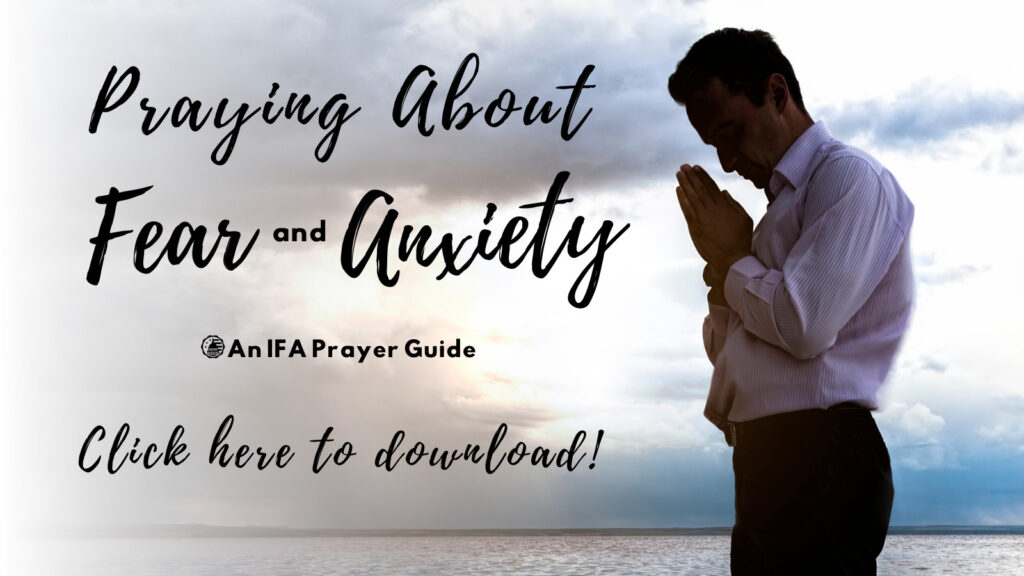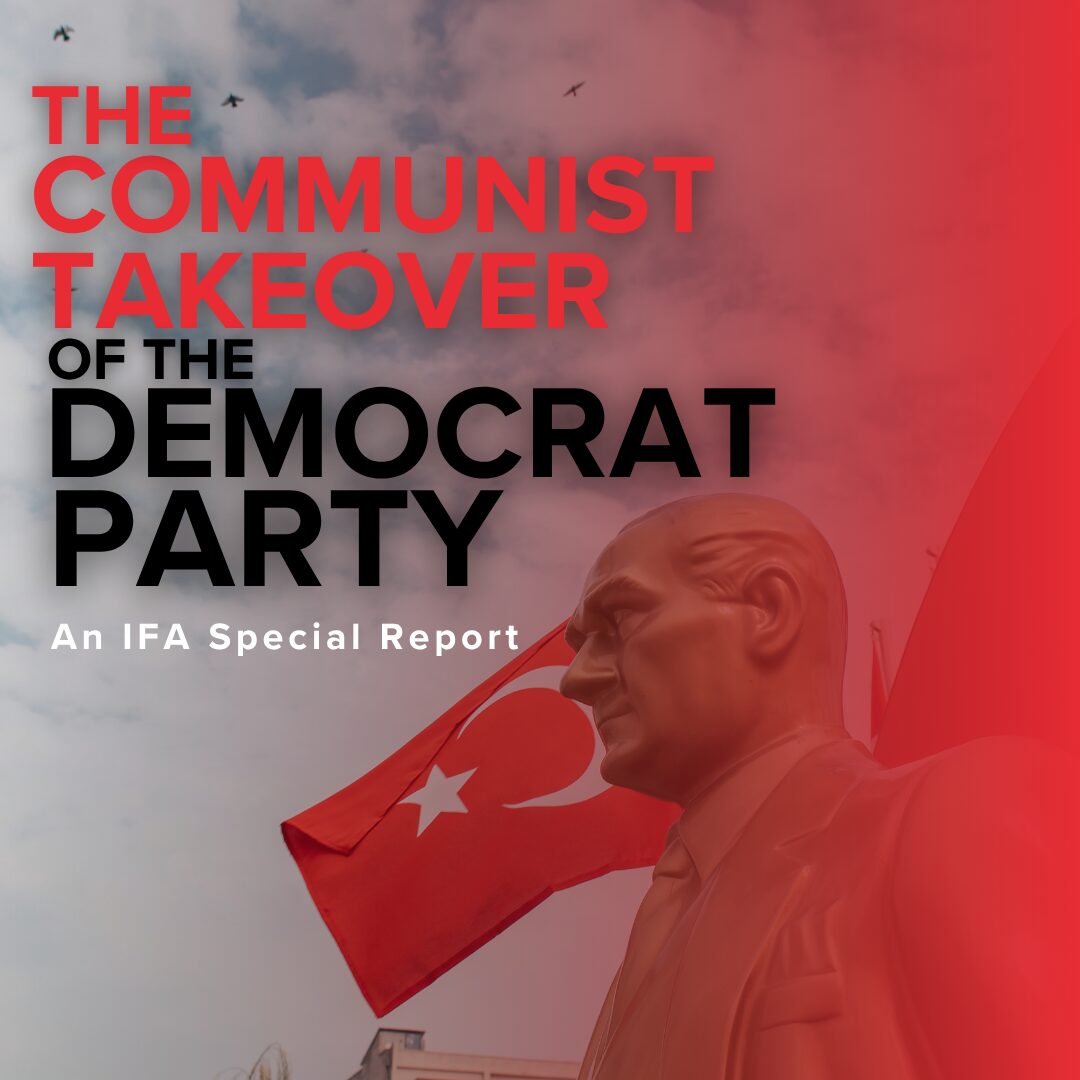The Threat of Scammers to the Elderly
God Will Bless the Pro-Life States
Archbishop Vigano Explains the ‘Silent Coup’
Biden Seeks Filibuster Exception to Codify Roe
U.S. Hospitals Sending Data to Facebook?
The Threat of Scammers to the Elderly
We must pray that the older generations in our nation do not continue to fall victim to these diabolical schemes.
From WORLD. Sam Speed says he once taught mathematics at the University of Memphis. Standing outside the Bluff City’s McWherter Senior Center, white hair combed smooth, he still looks the part of a disciplined academic. Sensible shoes. Wire-rimmed glasses. Shirt pocket gaping under the weight of a clip-on pen. At 84, Speed is thin and wiry, too, leaving little doubt he can manage his blocks-away walk home, even with a nagging ache in his left foot. But managing the problem of professional scammers who want to clear out his bank accounts? Well, that could be more difficult.
Join others crying out to the Lord day and night.
Like the nearly 1 in 5 older Americans who fall victim to financial exploitation each year, according to an AARP report, Speed is likely to reach his driveway and find his mailbox filled with phony prize-winning notices. He’ll need to thumb through bills for magazine subscriptions he never requested and a few envelopes with counterfeit cashier’s checks, too.
Then, as if the paper onslaught isn’t enough, he’ll probably field a barrage of phone calls from imposters who sound like the IRS, tech companies, even a grandson needing bail money to get out of jail. Unlike many of his peers, though, Speed says he knows when to hang up. He also has a methodical plan for handling telemarketers, thanks to his number-crunching bent. “I never pick up until it’s rung at least seven times,” he stresses.
That’s good, because elder fraud is a growing national problem, with victims over the age of 60 reporting to the FBI last year losses of $1.7 billion. That’s a sizable increase since 2020—74 percent—and those figures don’t include the losses incurred by victims too ashamed or too scared to call the FBI’s Internet Crime Complaint Center (IC3). In fact, a True Link Financial study describes the FBI’s numbers as a “dramatic underestimate.” That firm believes criminals annually bilk U.S. seniors of more than $36 billion—the gross domestic products of Brunei, Bahamas, and Bermuda combined.
In the book of Leviticus, honoring the aged is paired with having a right fear of God. That’s why swindling tailored to this vulnerable population—the kind that can drain a life savings quicker than Grandpa can call out a routing number—is so scandalous. And such a threat.
HOUSTON—HOT, HUMID, AND HAZY this time of year—is home to the Texas Medical Center, the largest medical complex in the world. As a professor of geriatrics, Robert Roush has coveted office space in one of its many buildings, but at 80, he often prefers to “Zoom” lectures from his home in nearby Montgomery….
He’s spent the last 13 years training healthcare professionals to screen older patients for a specific risk: financial exploitation.
Roush’s grant-backed initiative, known as the Elder Investment Fraud and Financial Exploitation (EIFFE) Prevention Program, has a direct tie to a scamming operation that had by 2006 emptied the bank accounts of at least one elderly California couple. … Roush decided to ask his geriatrics colleagues what they thought about looking into the topic of financial elder abuse, little knowing they were about to step into a wide-open field of study.
At that time, behavioral economists were talking about financial exploitation of the elderly, but medical experts weren’t weighing in. “I only found two doctors who had published writing about the subject in medical literature,” Roush remembers. He thought it was time for a clinical approach.
“All people can fall for scams, but as we age, things happen in our brains that cause us to be more vulnerable,” Roush says, adding that the main manifestation is Mild Cognitive Impairment (MCI), a “slipping” stage of decline characterized by ongoing memory problems. Based on research from the Mayo Clinic, he found 1 in 4 people over the age of 80 have MCI. They can still go out to dinner and play golf, but they have trouble with complex financial skills….
RUSSELL FRAZIER HAS GOOD REASON to think most elder fraud crimes go unreported. He came to such an understanding while working as an investigator in the Vulnerable Adults Unit of the Mississippi Attorney General’s Office. “When people realize they’ve been taken advantage of, they’re embarrassed. They don’t want to admit it,” he says. Many times, falling for a scheme can represent the point of no return. “These older people want to stay independent in their homes, and they know if their kids find out [about the fraud], they’ll put them in a facility.”
Frazier believes diminishing capabilities play a part in financial exploitation, but he points to another reason the elderly can’t get off the phone when the scammer with the Caribbean accent calls. Manners.
“Their generation is more trusting. They think hanging up is rude, and these people know how to keep them on the phone, building a relationship. They know what they’re doing, they know what they’re saying, and they spot the ones that are good targets, and they latch on.”
The good targets are usually lonely and eager for conversation. They own their homes, a nest egg, and a checkbook they keep within reach. In contrast, good scammers claim they don’t own much of anything, but in time they gain the one thing that really matters in such cases—trust….
Often, it’s sophisticated crime, according to Subrena Rivers, acting captain of the special investigation branch of Washington, D.C.’s Metropolitan Police Department. She says tracking online fraud is especially difficult due to VoIP (Voice Over Internet Protocol), a technology that allows the scammer to be on a computer while the senior adult thinks he’s on a local phone. “When we try to get a subpoena for the IP address, we find most often the IP address location is overseas,” Rivers explains….
Scam Alert
The FBI reports that millions of elderly Americans fall victim each year to some type of financial fraud or confidence scheme, including romance, lottery, and sweepstakes scams, to name a few. Criminals will gain their targets’ trust and may communicate with them directly via computer, phone, and the mail, or indirectly through TV and radio. Once successful, scammers are likely to keep a scheme going because of the prospect of significant financial gain. Here are ways to protect yourself:
- Be cautious of unsolicited phone calls, mailings, and door-to-door service offers.
- Resist the pressure to act quickly. Scammers create a sense of urgency to produce fear and lure victims into immediate action. Call the police immediately if you feel there is a danger to you or a loved one.
- Never give or send any personally identifiable information, money, jewelry, gift cards, checks, or wire information to unverified people or businesses.
- Make sure all computer anti-virus and security software and malware protections are up to date.
- Disconnect from the internet and shut down your device if you see a pop-up message or locked screen. Pop-ups are regularly used by perpetrators to spread malicious software. Enable pop-up blockers to avoid accidentally clicking on a pop-up.
- Be careful what you download. Never open an email attachment from someone you don’t know and be wary of email attachments forwarded to you.
- If a criminal gains access to your device or account, immediately contact your financial institutions to place protections on your accounts. Monitor your accounts and personal information for suspicious activity.
How to Report
If you believe you or someone you know may have been a victim of elder fraud, contact FBI Houston at (713) 693-5000 or submit a tip online at tips.fbi.gov. You can also file a complaint with the FBI’s Internet Crime Complaint Center at ic3.gov.
Have you seen or been affected by scams like these? Share this article to keep people informed.
(Excerpt from WORLD. Photo Credit: micheile dot com on Unsplash)
Partner with Us
Intercessors for America is the trusted resource for millions of people across the United States committed to praying for our nation. If you have benefited from IFA's resources and community, please consider joining us as a monthly support partner. As a 501(c)3 organization, it's through your support that all this possible.


We use cookies to ensure that we give you the best experience on our website. If you continue to use this site we will assume that you are happy with it. Privacy Policy





Comments
No comments have been posted yet; you can be the first!